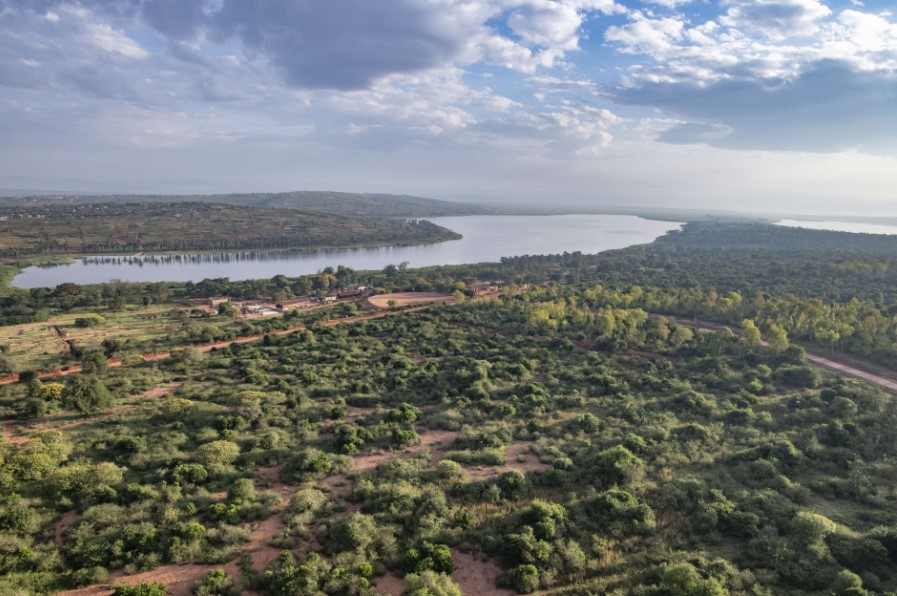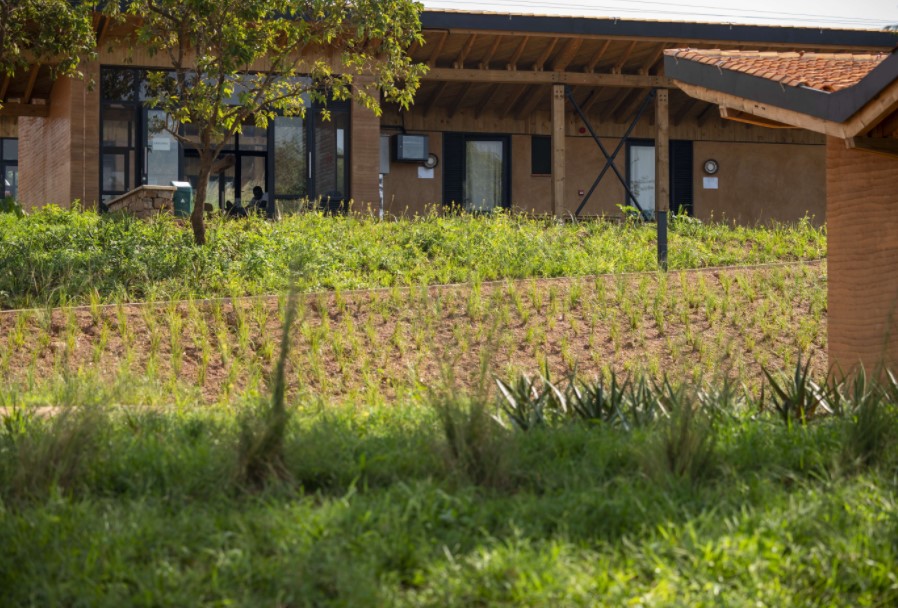Rwanda of recently has attracted several travelers coming to the country to enjoy and appreciated several features in terms of the wildlife and several hills as well as the sites of cultural and nature intelligence. Tourism is the one of the best destination and the growing economy in the Rwanda which makes it the wonderful and the unique country. There is a lot of the conservation efforts and a lot of the conservation initiatives have been put in place to makes sure that the countries valuable resources area much well protected and happen without much interference and this is very interesting. Thus it makes sense to enjoy the wildlife experience and wonderful and make sure the resources are used sustainably.
For the communities and conservation to succeed, there has been much involvement of the local community. Usually most of the local communities have been involved in conservation because the resources which they depend on area limited and they needed to be protected and conserved. An unintentional neighborhood populace may from time to time travel into guarded territories and natural life populations in order to earn scarcely adequate to get by. In any case, it is a reasonable circumstance with unfavorable outcomes. Harming our stores has a negative impact on the environment’s long-term viability.
Local communities have a long history of hunting and depend on the wildlife resources for their own survival. In most cases, some of the wildlife animals are killed because they attack and prey on the livestock of the local communities, leading to literate Illicit trade in rare animals is a widespread occurrence. Conflicting land ownership and usage interests frequently lead to contact between members of nearby networks and the experts in charge of maintaining our public parks. Land seizure to create guaranteed regions usually does not sit well with the local population.

In Rwanda, the government has devised all the means to make sure that the communities are bringing the communities into the conservation of the wildlife, and this is very interesting as the results have been schools, medical clinics, and public places have been put in place to support the local communities and help engage in conservation. Furthermore, the travel sector has established roles and business opportunities for individuals from the aforementioned networks, as well as improved their lifestyles. The provision of clean water and the development of agriculture production are also credited to income sharing.
Tourism is the economic driving tool that helped to transform the lives of the local communities, especially those who destroy tourism in terms of parching and other ill-advised activities. Several former poachers who are now securing gorillas while visiting the Gorilla Guardians’ Village near Volcanoes National Park can be found wherever you visit Rwanda. They’ve been transformed into zealous defenders of the cause. Their shift is due to the realization that nature may help them with their jobs through the travel sector.
Several kings have seen and heard comments about a lack of appreciation for the tourist attractions that are available while growing into several national parks, which is a very interesting thing that should concern all authorities. The vacation industry’s financial contributions, if any, used to bypass my town at the time. Many more citizens, like Théoneste, are beginning to recognize the need to preserve their everyday assets. Their lately observed confidence in preservation is a result of policymakers’ and their allies’ attention to and benefits extended to them.
Communities must also appreciate the tourism resources and increase their protection of them. When the assemblage has faith in the rewards for good deeds and the consequences for bad deeds, ecological stewardship is accepted. The moderates can rejoice because they will witness nature’s display of liberality.


Comment (0)